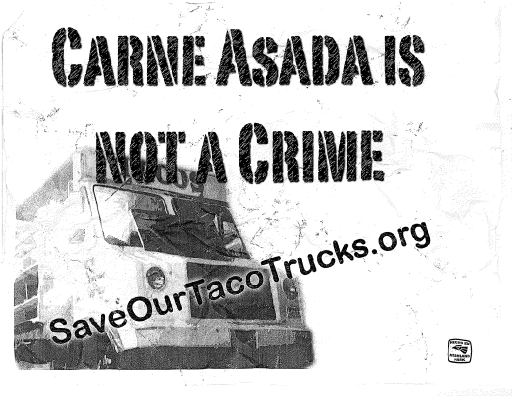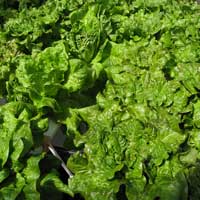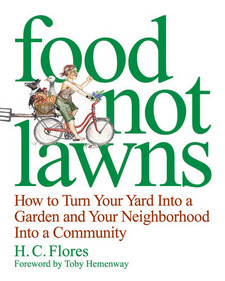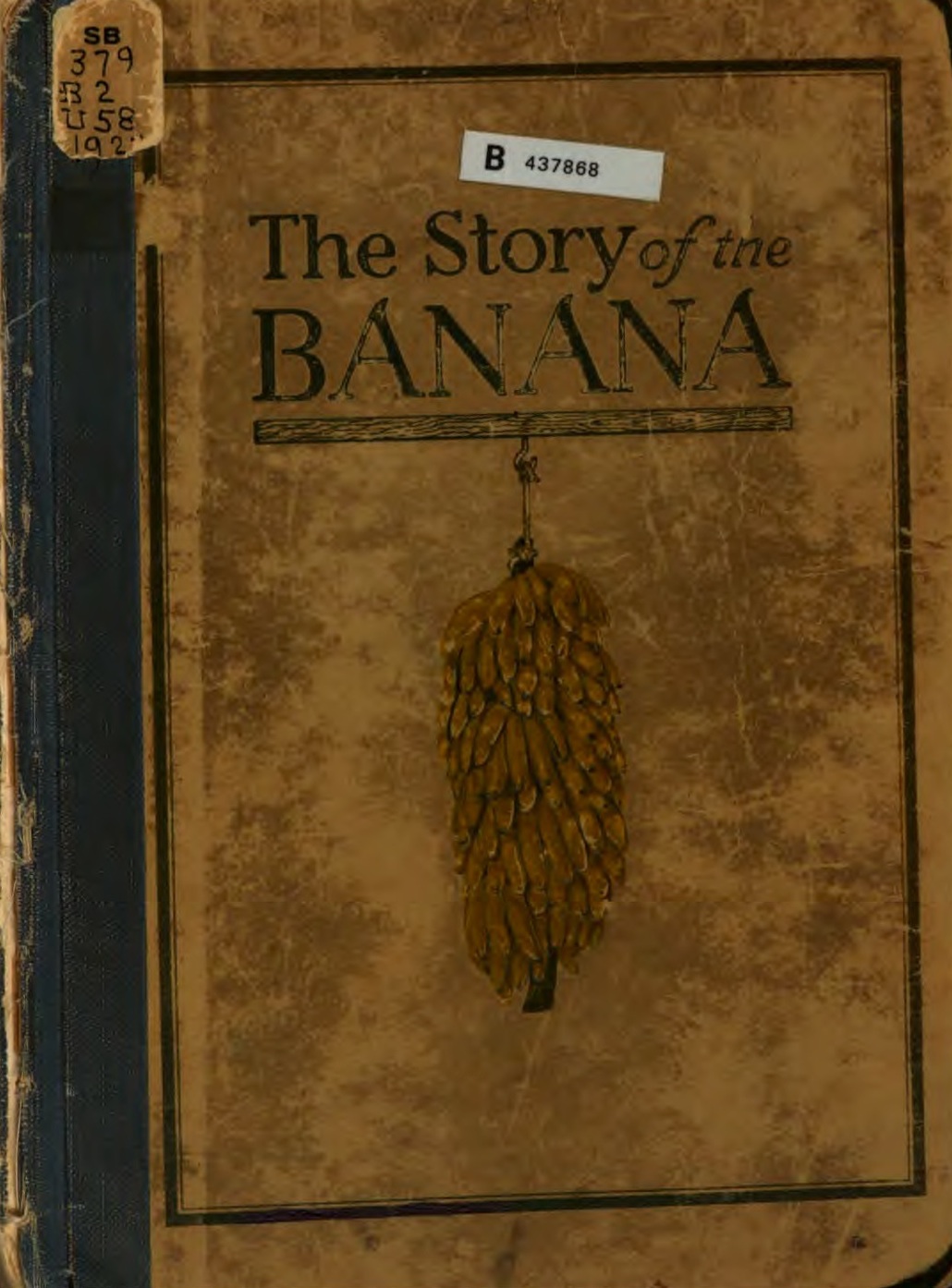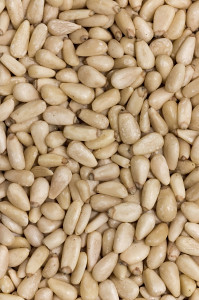
Pine nuts (piñon) are the edible seeds of pines (family Pinaceae, genus Pinus). About 20 species of pine produce seeds large enough to be worth harvesting; in other pines the seeds are also edible, but are too small to be of value as a human food. (wiki)
Pinyon pine is a widely distributed pine that grows in the Intermountain region of western North America. It is a major indicator tree in the pinyon-juniper life zone. P. edulis is a short and scrubby tree that rarely reaches heights taller than 35 feet. Growth is very slow and trees with with diameters of 4 to 6 inches can be several hundred years old. It typically grows either in pure stands or with juniper. The chunky little cones produce a well-know and tasty nut. The wood is very fragrant when burned. Pinus Edulis - About.com
Audio Postcard: The Pine Nut Harvest (NPR)
How to Make Pesto like an Italian Grandmother Recipe
- The Ag Geek
